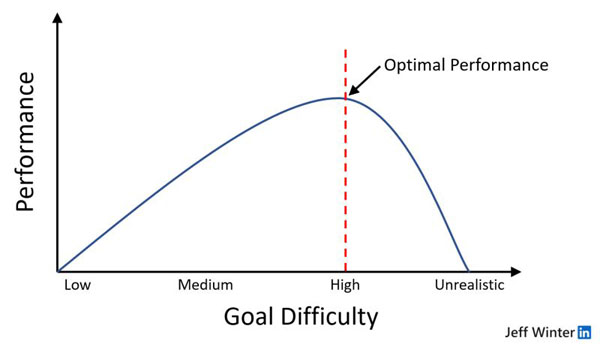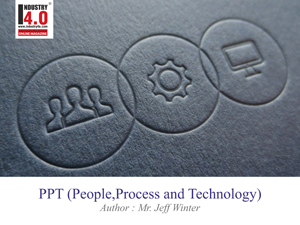According to Penn State World Campus, Goal-Setting Theory has been the most researched, utilized, and established theory of work motivation in the field of industrial and organizational psychology.
When applying Goal-Setting to Digital Transformation:

About the Author :

Mr. Jeff Winter
Industry Executive, Manufacturing
Jeff Winter is an Industry 4.0 & Digital Transformation Enthusiast | Business Strategist | Avid Storyteller | Tech Geek | Public Speaker
Jeff Winter is an Industry Executive for Manufacturing with Microsoft where he acts as an industry advisor helping manufacturers across the US digitally transform at scale. With over 15 years of experience working for different industrial automation product and solution providers, Jeff has a unique ability to simplify and communicate complex concepts to a wide range of audiences, educating and inspiring people from the shop floor up to the executive board room. As part of his experience, Jeff is also very active in the community of Industry 4.0.
He currently is a part of the International Board of Directors for MESA (Manufacturing Enterprise Solutions Association), the leadership committee for the Smart Manufacturing & IIoT Division of ISA (International Society of Automation), a U.S. registered expert for IEC (International Electrotechnical Commission) as a member of TC 65, and part of Purdue University’s Smart Manufacturing Advisory Board.
He can be contacted at :
Email : [email protected]
LinkedIn : https://www.linkedin.com/in/jeffreyrwinter/











